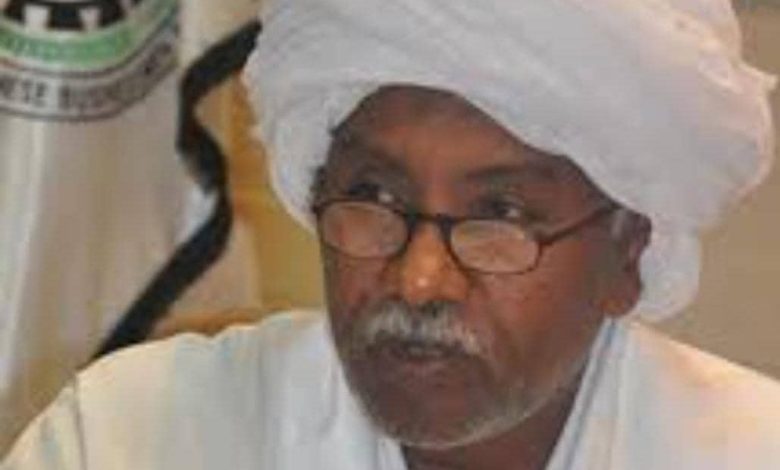Industrial Chambers Official Calls on Government to Confiscate Looted Goods

The former Secretary-General of the Sudanese Industrial Chambers Union, Dr. Abbas Ali Al-Sayed, called on the Sudanese government to confiscate goods looted by so-called “shafshafa” groups and to collect items taken from citizens and factory owners during the war period. He proposed that the government could benefit from these goods by selling them back to citizens, thereby transforming them into a resource for the war effort.
In an interview with Al-Ahdath newspaper, Abbas warned factory owners against purchasing their needs to rehabilitate and reopen their factories in Khartoum from “shafshafa” sources, considering such transactions prohibited.
He acknowledged that resuming any form of work after the destruction caused by the war in Khartoum will take time. He added that business owners, workers, and employees need stability first—starting with basic services such as water, electricity, and telecommunications, followed by security, which he noted is currently not a major issue. “Only after that,” he added, “can we focus on work, assess the scale of loss and damage, and begin rehabilitation, including replacing stolen items. There must also be facilities for acquiring needed equipment and machinery, possibly through installment plans.”
He admitted that some financially capable individuals can import what they have lost and suggested the possibility of importing used equipment, such as generators, to address electricity outages. He noted, however, that current laws prohibit the import of used goods, though the exceptional circumstances call for temporary exemptions. He argued that the current extraordinary conditions require flexibility and the issuance of special decisions suited to the situation.
Al-Sayed also pointed out that resuming operations in the industrial sector will face challenges related to bank transfers and access to foreign currency for importing production inputs. He stressed that there are unresolved issues that require temporary solutions, concluding that the matter is very difficult and highly complex, and it needs a crisis management team capable of finding suitable solutions for the current circumstances.



